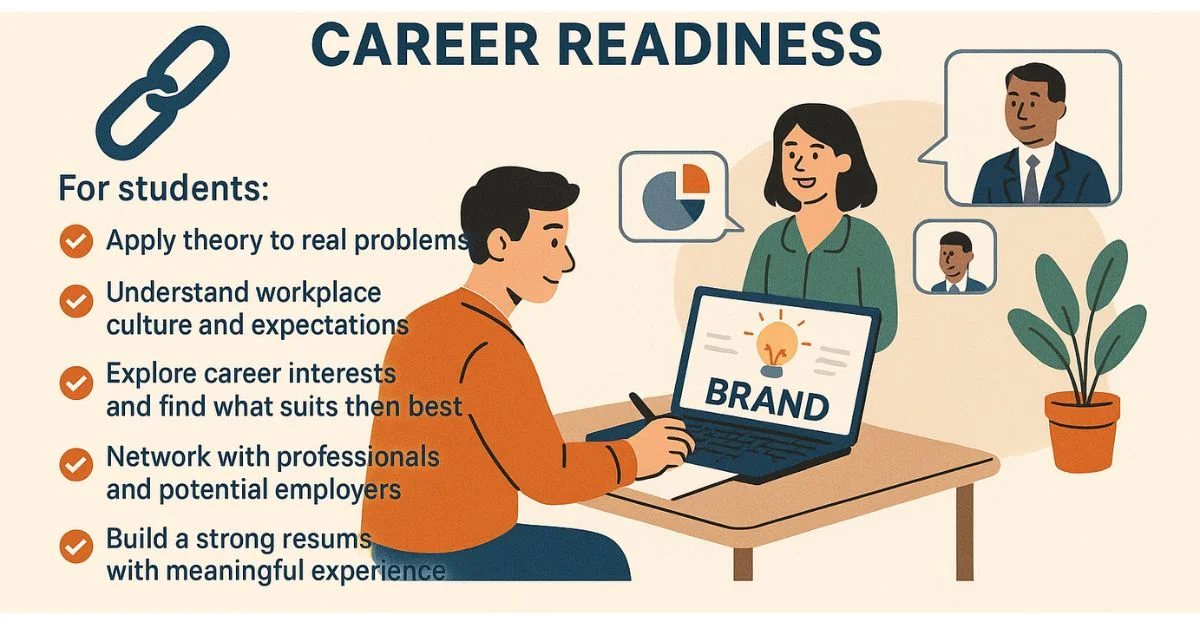Table of Contents
- Introduction to Civilian Education
- Accessibility and Inclusivity
- Flexibility in Learning Paths
- Curriculum Variety
- Skill Development and Practical Knowledge
- Freedom of Thought and Expression
- Social and Cultural Exposure
- Economic Advantages
- Career Opportunities and Advancement
- Technological Integration
- Personal Growth and Confidence
- Civic Engagement and Responsibility
- Government and Private Sector Support
- Comparative Global Perspective
- Challenges and Areas for Improvement
- FAQs
- Conclusion
Introduction to Civilian Education
Education is a cornerstone of any thriving society. While there are different systems in place, the civilian education system stands out for its inclusiveness and adaptability. Unlike military or highly specialized systems, civilian education welcomes individuals from all walks of life and equips them with the skills and knowledge needed for everyday life and career success. It supports not just academic growth but also personal and societal development.
1. Defining the Civilian Education System
The civilian education system refers to the structured learning environment open to the general public, including primary, secondary, and higher education institutions. It includes both public and private schools and colleges that aim to offer quality education to citizens regardless of background. Its goal is not just to produce skilled professionals but well-rounded individuals who can contribute meaningfully to society.
2. How It Differs From Military or Specialized Education?
Unlike military education, which focuses on discipline, obedience, and physical rigor, the civilian system fosters independent thinking, creativity, and a broad knowledge base. Specialized education may train someone for a specific profession, but civilian education prepares individuals for multiple pathways in life, offering a holistic approach that balances theory with practice.
Accessibility and Inclusivity
1. Open to All Demographics
One of the most important strengths of the civilian education system is its open-door policy. It caters to people of all ages, backgrounds, and abilities. From urban to rural areas, the system is designed to reach as many learners as possible. Governments and NGOs often work to eliminate barriers like gender inequality, poverty, or disabilities.
2. Diverse Learning Environments
Civilian education offers varied learning settings, including public schools, private institutions, community colleges, and online platforms. This diversity helps accommodate different learning styles and needs, making education more inclusive and effective.
Flexibility in Learning Paths
1. Full-Time, Part-Time, and Online Options
The modern civilian education system offers flexible options for learners. Whether someone wants to study full-time on campus or part-time while working, the system allows for tailored learning plans. Online education has further revolutionized access, allowing people to learn from anywhere, anytime.
2. Lifelong Learning Opportunities
Education doesn’t stop with a diploma. Civilian systems promote lifelong learning, enabling adults to return to school for further education, certifications, or new career paths. This encourages continuous personal and professional development.
Curriculum Variety
1. Range of Subjects and Disciplines
Students in the civilian education system can choose from a vast selection of subjects, from arts and humanities to sciences and technical skills. This diversity helps individuals explore their interests and find their true calling.
2. Interdisciplinary Approach
Modern curricula often integrate subjects, helping students understand how different fields connect. For example, a business course might include elements of economics, communication, and data analysis. This interdisciplinary method prepares students for real-world challenges.
Skill Development and Practical Knowledge

1. Soft Skills and Critical Thinking
Beyond academics, the civilian education system emphasizes essential life skills. Students learn to communicate effectively, work in teams, solve problems, and think critically, skills valued in every career and social setting.
2. Hands-On and Real-World Applications
From science labs to business case studies, students apply what they learn in real-world scenarios. Internships, project-based learning, and vocational training make knowledge more practical and relevant.
Freedom of Thought and Expression
1. Encouraging Independent Thinking
Civilian education fosters a culture where students are encouraged to ask questions, challenge ideas, and form their own opinions. This promotes intellectual freedom and helps shape independent thinkers.
2. Promoting Innovation and Creativity
Creativity is nurtured through open discussions, project work, and extracurricular activities. Students are often encouraged to innovate, think outside the box, and explore new ways of solving problems.
Social and Cultural Exposure
1. Learning from Diverse Peer Groups
Classrooms in the civilian system are typically diverse, allowing students to interact with peers from different cultures, religions, and socioeconomic backgrounds. This helps develop empathy and social understanding.
2. Cultural Competency and Global Perspective
Students gain exposure to global issues, languages, and cultures, making them more adaptable and globally aware. This cultural competency is essential in today’s interconnected world.
Economic Advantages
1. Affordable Public Education Options
Public schools and universities often offer affordable or free education, making it accessible to the majority. This reduces the economic burden on families while still delivering quality learning.
2. Scholarships and Financial Aid
Many institutions provide scholarships, grants, and financial aid programs to help students who need assistance. These resources make higher education attainable for more people.
Career Opportunities and Advancement
1. Internship and Job Placement Services
Many schools and universities offer career services that include internships, job fairs, resume workshops, and direct links to employers. These services help students transition smoothly into the workforce.
2. Recognition by Employers Worldwide
Degrees and certifications from civilian institutions are widely recognized and respected by employers across the globe. This gives graduates an edge in competitive job markets.
Technological Integration
1. Access to Modern Tools and Resources
From smart boards in classrooms to digital libraries and learning apps, technology is deeply integrated into civilian education. Students are trained to use modern tools, which prepares them for tech-driven careers.
2. E-Learning and Smart Classrooms
Online learning platforms, virtual labs, and hybrid classrooms are now common features. These innovations make learning more interactive and accessible, even during disruptions like pandemics.
Personal Growth and Confidence

1. Building Self-Esteem through Achievement
Every completed assignment, passed exam, or earned degree contributes to a student’s confidence. The civilian education system offers many opportunities for achievement, both big and small.
2. Decision-Making and Leadership Skills
Group projects, student councils, and classroom debates teach leadership and responsible decision-making. These experiences build confidence and maturity.
Civic Engagement and Responsibility
1. Teaching Social Values
From early grades, civilian education includes lessons on ethics, citizenship, and social responsibility. These teachings help students grow into respectful and law-abiding citizens.
2. Participation in Community Initiatives
Many schools encourage students to engage in community service or environmental projects. This instills a sense of responsibility and belonging.
Government and Private Sector Support
1. National Educational Policies
Governments across the world support civilian education through national policies, free school programs, and infrastructure development. This backing is vital for the system’s growth and reach.
2. Corporate Collaborations in Learning
Many private companies collaborate with educational institutions to offer resources, training, and even curriculum input. This link between education and industry helps bridge the skills gap.
Comparative Global Perspective
1. How Civilian Systems Compete Globally?
Countries with strong civilian education systems often lead in innovation, economic development, and human rights. Their graduates are better equipped to face global challenges and contribute to worldwide progress.
2. Lessons from International Education Models
Studying global models helps improve local systems. For instance, Finland’s focus on student well-being or Japan’s discipline and structure can inspire improvements in other civilian education setups.
Challenges and Areas for Improvement
1. Overcrowding and Funding Issues
Many public schools face overcrowded classrooms and a lack of resources. Governments need to allocate more funding and support to maintain quality education for all.
2. Standardization vs. Personalization
Standardized testing and rigid curricula can sometimes overlook individual learning needs. The system must find a balance between maintaining standards and offering personalized learning paths.
FAQs
1. What makes civilian education different from military education?
Civilian education focuses on broad knowledge, flexibility, and creativity, while military education emphasizes discipline, order, and specialized training.
2. How does civilian education benefit society?
It builds skilled, thoughtful, and responsible citizens who contribute to economic growth, innovation, and community well-being.
3. Is civilian education better for personal development?
Yes, it supports emotional growth, decision-making skills, leadership, and self-confidence through diverse and inclusive learning environments.
4. Can civilian education keep up with job market demands?
Absolutely. It evolves continuously, integrating modern tools, soft skills, and industry partnerships to prepare students for future careers.
5. What are the long-term advantages of civilian education?
Long-term benefits include higher earning potential, social mobility, civic engagement, global awareness, and improved quality of life.
Conclusion
The civilian education system plays a vital role in shaping individuals and building societies. Its benefits span far beyond textbooks, touching every aspect of life from personal growth and job readiness to global awareness and social responsibility. While there are challenges to address, the system remains a key driver of progress and equity. By continuing to evolve and adapt, civilian education will remain relevant and impactful in the years to come.








